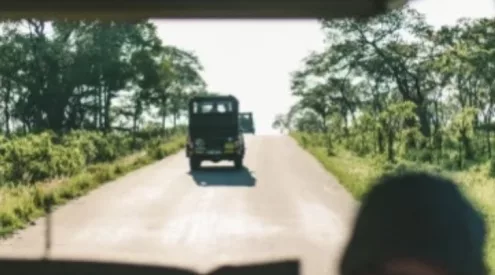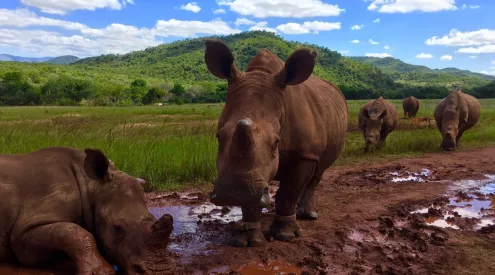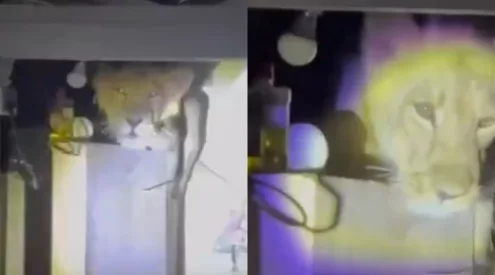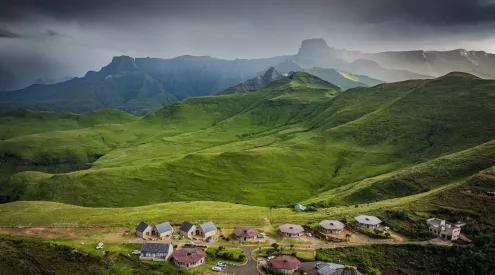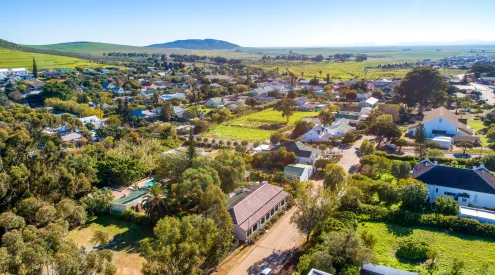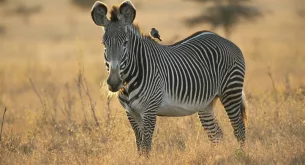SANParks have issued a warning to guests of the upcoming fire season in the Kalahari, a natural process that is vital for the rejuvenation of much of the park’s flora.
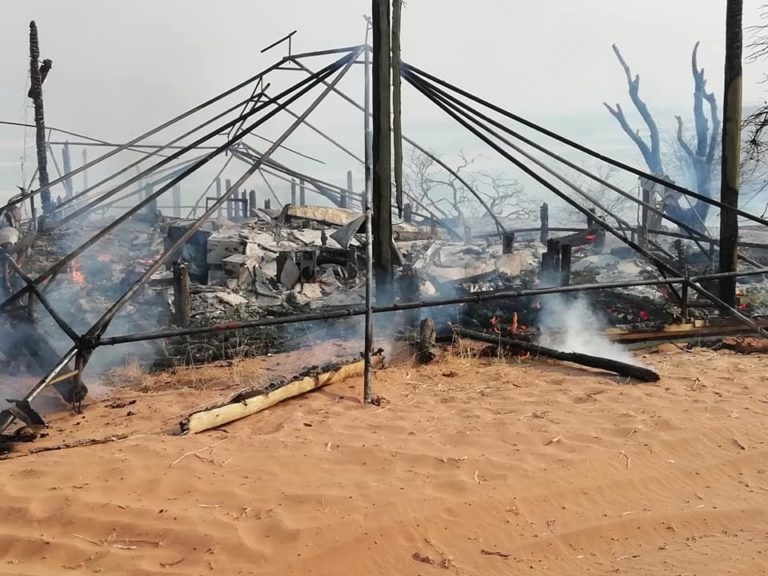
The aftermath of a 2021 veld fire in Kgalagadi Transfrontier Park that destroyed Polentswa Lodge on the Botswana side of the park. Picture: Micheal Potter
The previous spring and summer seasons in the Kalahari Region were characterised by above-normal rainfall for two consecutive years.
This resulted in a Kgalagadi like you seldom have seen. Lush and green everywhere and an abundance of grass. Although good rains are always cherished in the Kalahari, with it comes natural processes that may seem devastating to us as humans but are actually just another natural process.
Fire is one of those natural processes with a very important ecological function and if not caused by man-made influences, it is normally started by lightning, which most often is the cause of veld fires this time of the year.
Fires rejuvenate the veld (vegetation) by promoting new growth, recycling nutrients back into the soil, assisting with the germination of seeds and reducing parasite loads – having a positive effect on the veld.
In certain areas, it will even promote the migration of animals as they move to these areas affected by fires and graze on the fresh grass shoots that will grow after such fires.
Kgalagadi Transfrontier National Park is managing fires in terms of an approved Park Management Plan.
Fire breaks are maintained around park infrastructure to safeguard property and to ensure the safety of our guests and staff. Fires that are not endangering infrastructure or people are normally left to run their course while fires burning close to the park’s boundary will be controlled where possible, so as to prevent the fires from exiting the park.
The size of the Kgalagadi Transfrontier National Park allows for animals to move freely in the almost open park system where larger animals are able to avoid and move away from veld fires.
If guests notice any fires please report those fires to the nearest camp.
ALSO READ: Elephant charges at guides in Kruger in close encounter

